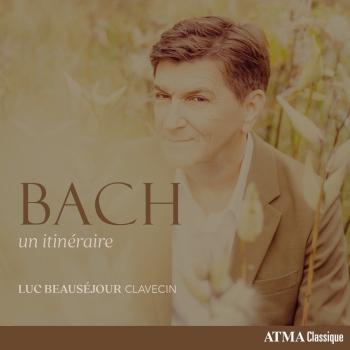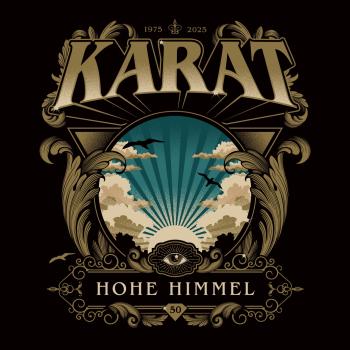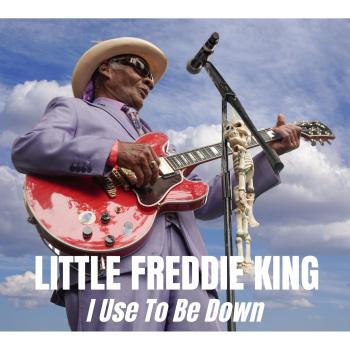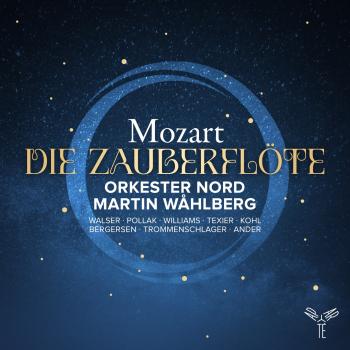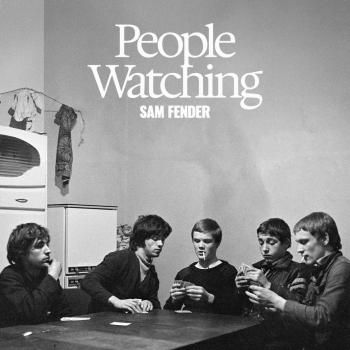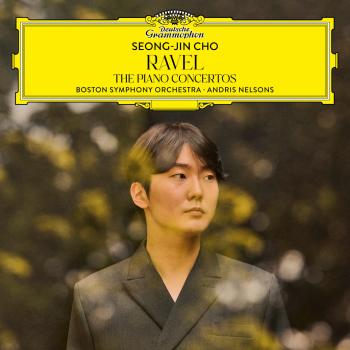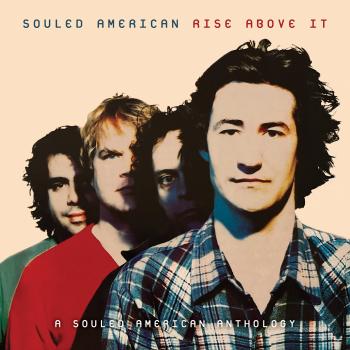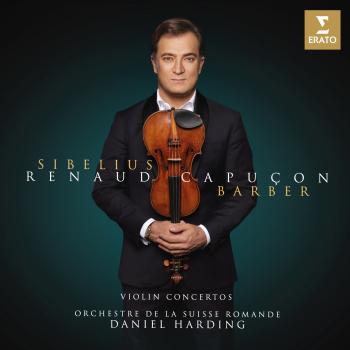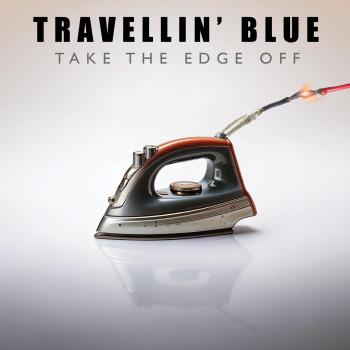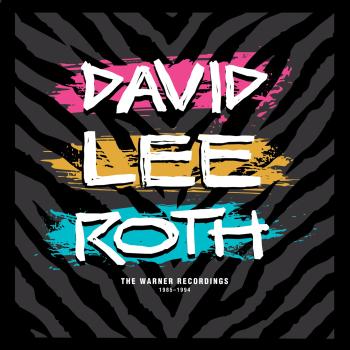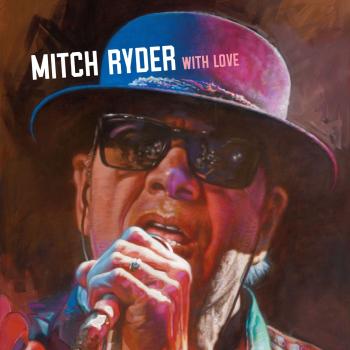
The Future is What It Used to Be The Guess Who
Album info
Album-Release:
2018
HRA-Release:
11.10.2018
Album including Album cover
- 1 When We Were Young 03:12
- 2 Runnin' Blind 03:45
- 3 Talks All the Time 03:24
- 4 Baby's Come Around 05:19
- 5 Haunted 04:38
- 6 In America 03:29
- 7 Playin' on the Radio 04:42
- 8 Give It a Try 04:10
- 9 Good Girl 03:25
- 10 Long Day 05:10
Info for The Future is What It Used to Be
The Future Is What It Used To Be, is the long-awaited album of new material from The Guess Who, one of the longest-running rock groups in history. Classic rock giants, The Guess Who, are back with their first studio album of new material in over 30 years.
In 2008, vocalist, multi-instrumentalist, songwriter and producer D#, who has worked with a who’s-who of artists in the classic rock genre, joined The Guess Who. He wrote and produced the bulk of the new album with guitarist, producer, songwriter and fellow band member, Will Evankovich, who has worked/performed with a lengthy list of chart-topping artists. Most recently, Will was the co-producer of the current Styx album, The Mission, with vocalist/songwriter Tommy Shaw, who actually sings on five tracks on The Future Is What It Used To Be.
“The approach Will and I took with the album was to try and make it sound as vintage as possible – new songs recorded in the old style while staying true to the sound of that classic rock era,” explains D#. “I think for the most part we achieved that. It certainly helped to have multi-GRAMMY Award-winning producer/engineer Jim Scott (Tom Petty, Sting, The Rolling Stones) mix the record.”
On The Future Is What It Used To Be there’s a little nostalgia and some looking in the rear view mirror with songs like the lead single “Playin’ On the Radio” and the similarly reflective “When We Were Young,” which, in historical context, refers to the much-travelled group as “Manitoba million milers on a million dollar ride to the other side.” Leonard Shaw of the group had just become a million-miler with Delta Airlines but the song is actually a nod to the origins of the individual members of the band with its mentions of “California wine vines” and “cotton fields in Carolina.”
Features what could be the most rockin' line-up of the band since it's '60s heyday, anchored by original GW drummer Garry Peterson along with vocalist Derek Sharp, superstar bassist Rudy Sarzo (Quiet Riot/Ozzy), guitarist Will Evankovich, and multi-instrumentalist Leonard Shaw. Also featured on the album are several special guests including, Tommy Shaw (Styx) on vocals, Brent Fitz (Slash, Gene Simmons) percussion, Jim Kale (Guess Who founding member) and Michael Devin (Whitesnake) on bass guitar. The album includes the single "Playin' On The Radio".
Garry Peterson, drums, vocals
Leonard Shaw, keyboards, flute, saxophone, vocals
D#, lead vocals, guitar, piano
Will E., guitar, harp, vocals
Rudy Sarzo, bass, vocals
The Guess Who
are a Canadian rock band formed in Winnipeg, Manitoba. The band released eleven studio albums, all of which reached the charts in Canada and the United States. Their 1970 album American Woman reached no. 1 in Canada and no. 9 in the United States, while five other albums reached the top ten in Canada. The Guess Who charted fourteen Top 40 singles in the United States and more than thirty in Canada.
Chad Allan and the Expressions, a predecessor of The Guess Who, had an international hit single with a cover of the Johnny Kidd & the Pirates song "Shakin' All Over". In order to make the public think the release might be from a British band and garner more attention, the label Scepter Records attached the slogan "Guess Who?" to the single in order keep the band's name a secret.
In December 1965, Burton Cummings was asked to join the band which had recently changed their name to Guess Who? for live performances...adopting the slogan created by the record label. In early 1966, the band recorded the album It's Time under the name Guess Who? with Chad Allan and Burton Cummings sharing lead vocals. Before the album was released in June of 1966, Chad Allan had left the band and Burton Cummings took over lead vocals. The band's first album released officially as The Guess Who (sans question mark), was Wheatfield Soul in 1969.
The Guess Who found their greatest success in the late 60s and early 70s, under the leadership of singer/keyboardist Burton Cummings and guitarist Randy Bachman, with hit songs including "American Woman", "These Eyes", "No Sugar Tonight/New Mother Nature", and "No Time". With Randy Bachman's exit in 1970, Kurt Winter joined the band and The Guess Who would go on to release the band's top selling album Share the Land. Songs such as "Hand Me Down World", "Hang On To Your Life", "Albert Flasher", "Clap for the Wolfman", "Runnin' Back to Saskatoon", "Star Baby", and "Glamour Boy" would follow.
The Guess Who officially broke up in 1975 with the exit of lead singer Burton Cummings. In 1976 RCA released the album The Way They Were, songs recorded in 1970 when Randy Bachman was still in the band and originally meant to be the follow up to the 1970 album American Woman.
Members of The Guess Who reunited a number of times over the years, the first being when Burton Cummings, Randy Bachman, Garry Peterson, and late-classic-era bassist Bill Wallace reformed for a CBC television special in November 1979. This was followed by a short tour of notable Canadian cultural venues in 1983, resulting in the live album Together Again! (known as The Best of The Guess Who – Live! in the United States).
In May 1997, with their hometown of Winnipeg facing severe floods, Cummings and Bachman reunited for a fundraiser for disaster relief. At the request of the Premier of Manitoba, Cummings, Bachman, Kale, and Peterson appeared together at the closing ceremonies of the Pan American Games at Winnipeg Stadium on August 8, 1999.
Another lineup featuring members Cummings, Bachman, Peterson, Donnie McDougall, and Bill Wallace engaged in a lengthy reunion tour from 2000 to 2003, including playing the halftime show at the 2000 Grey Cup. On July 30, 2003, this lineup performed before an estimated audience of 450,000 at the Molson Canadian Rocks for Toronto SARS benefit concert. The show was the largest outdoor ticketed event in Canadian history.
This album contains no booklet.

